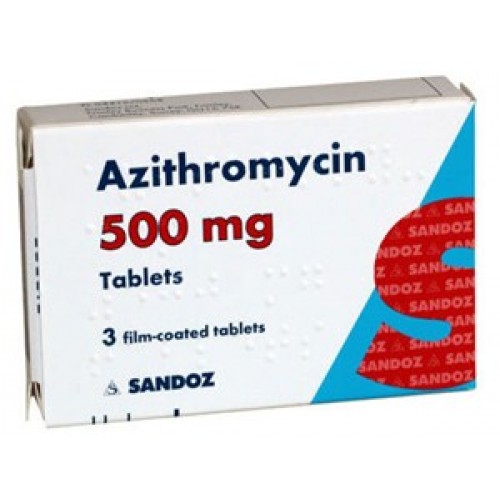What is Chlamydia?
Chlamydia is one of the most common sexually transmitted infections experienced in the UK. The infection is caused by bacteria, which is passed from one person to another during sexual contact. It is particularly common in sexually active teenagers and young adults, with almost seven in every ten people under 25 years of age, diagnosed with the condition.
The infection doesn’t usually show any symptoms, and is hence unknowingly passed on. It can be prevented by avoiding associated risk factors such as having unprotected sex, with multiple partners. While chlamydia doesn’t cause serious symptoms and can be treated with antibiotics, if left unaddressed it can lead to more serious conditions, especially in women, such as pelvic inflammatory disease or even infertility.
Get tested for chlamydia at a sexual health clinic or simply at your GP surgery. People under 25 can also get tested by the National Chlamydia Screening Programme.
Usually chlamydia has no symptoms, it is not easy to determine. Most people remain unaware of having contracted the infection, especially women.
Women
- Pain when urinating
- Painful intercourse
- Unusual discharge from the vagina, penis or rectum
- Pain in the stomach or pelvis
- Bleeding during or after sex and between periods.
- Heavier than usual periods
Men
- Pain when urinating
- White, cloudy, watery discharge from the penis
- Burning or itching in the urethra
- Pain and swelling in the testicles.
Given that chlamydia has few or no symptoms, it often goes untreated for a long time, and can pose a serious threat to your health. For women, it may cause pelvic inflammatory disease and affect the ability to get pregnant. For men, if left untreated, it can cause swelling in the epididymis (tubes that carry sperm from the testicles) and testicles, affecting fertility. Though rare, it could also result in reactive arthritis, causing swelling and pain in the joints, which can be quite disabling.
Additionally, it can also cause an infection in the rectum, throat and eyes.
Anyone who is sexually active can contract the infection for Chlamydia. You’re most at risk if you have a new sexual partner or don't use contraception. The bacteria is spread through sex or sexual contact with infected genital fluids.
There are numerous ways to contract the infection;
- Unprotected vaginal, anal or oral sex
- Sharing sex toys that aren’t washed or covered with a condom
- Genitals coming in contact with your partners' genitals, even without penetrative sex.
- Infected semen or vaginal fluid getting in your eye
- Can also be passed from a pregnant mother to her baby.
The infection cannot be passed through casual contact, such as kissing, hugging, sharing baths, towels, toilets etc.
Risk factors for chlamydia include having multiple sexual partners or having an existing infection as it may lower your body’s resistance.
Chlamydia can only be diagnosed by getting tested for it, a physical examination is not necessary.
Urine Test
You may be asked to urinate into a container, to check the urine for bacterial infection. This should ideally be done one to two hours after you last urinated.
Swab Test
In a swab test, a small cotton bud is gently wiped over the area that might be infected, such as inside the vagina.
You can get tested at a sexual health clinic, a genitourinary medicine (GUM) clinic or a GP surgery. People under 25 years of age, can get tested by the National Chlamydia Screening Programme (NCSP)
Chlamydia can usually be treated with a short course of antibiotic medicines.
You may be given tablets to take all at once, or take a course for a couple of days. It is important to complete the dose of antibiotics prescribed, even if symptoms start to clear up. Alternate treatment options might be provided if you are allergic or pregnant. It is also advisable to refrain from sexual activity while undergoing treatment.
We at The Online Surgery can prescribe oral antibiotics to treat Chlamydia, which include; Azithromycin (administered to be had at once), and Doxycycline (administered to be had over a week).
If left untreated, the infection can spread to other body parts and lead to long-term health problems, such as pelvic inflammatory disease, inflammation of the testicles, and infertility. It is extremely important to get regularly tested and treat yourself as soon as you feel you might have it.








